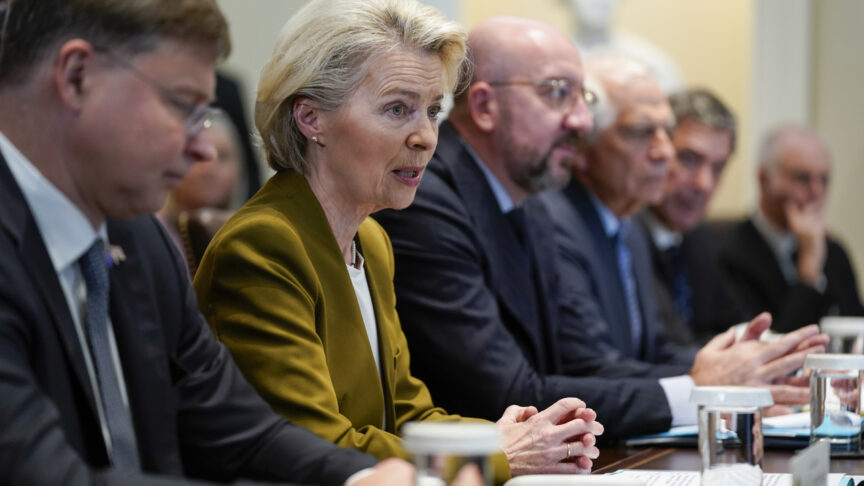
Get realist: How the EU can secure its position amid great power rivalry
Europeans should take seriously the thinking of figures such as John Mearsheimer. If they are unable to answer his critiques, they might thereby prove his point

Europeans should take seriously the thinking of figures such as John Mearsheimer. If they are unable to answer his critiques, they might thereby prove his point

The Ukraine conflict is a war of attrition – that Russia is set to win. Europeans must act now to increase supplies, helping Ukraine not only survive, but prevail
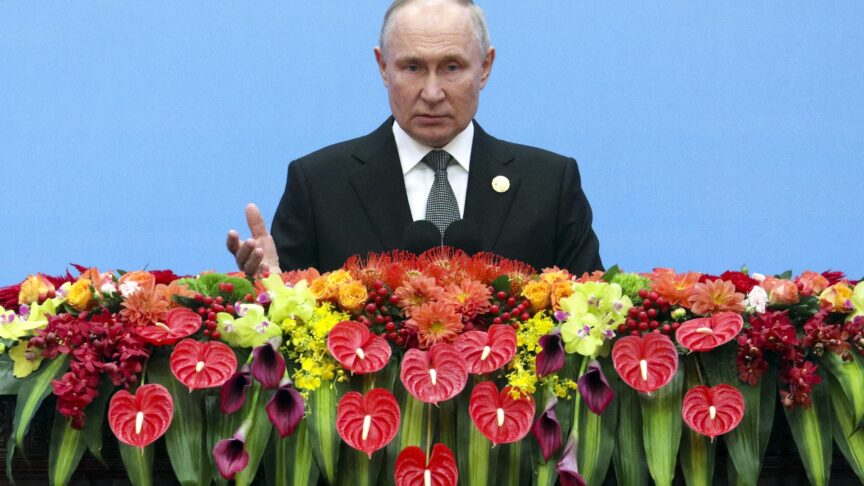
Since Russia’s full-scale invasion of Ukraine, it has been competing with the West for the support of the rest of the world. But with all of its relationships now subordinate to its war effort, Moscow’s foreign policy is weakened
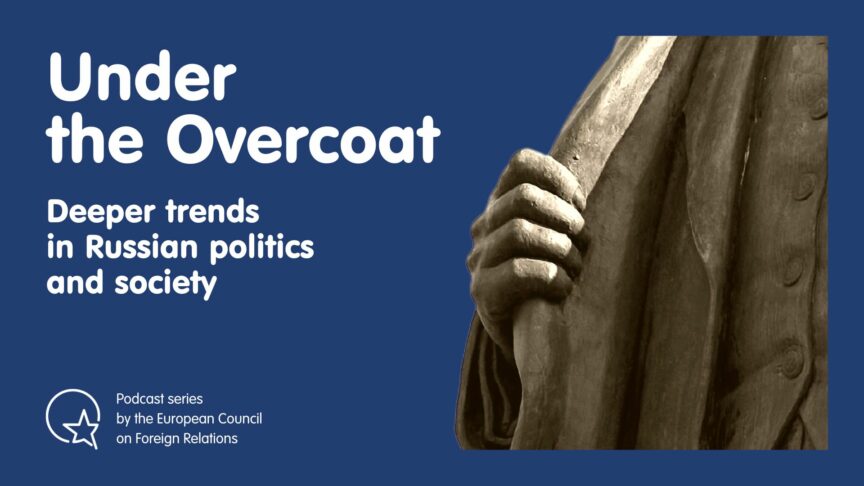
The Russian Orthodox Church is supporting Russia’s war on Ukraine in its sermons, sending priests to the front, and collecting humanitarian aid for soldiers and…
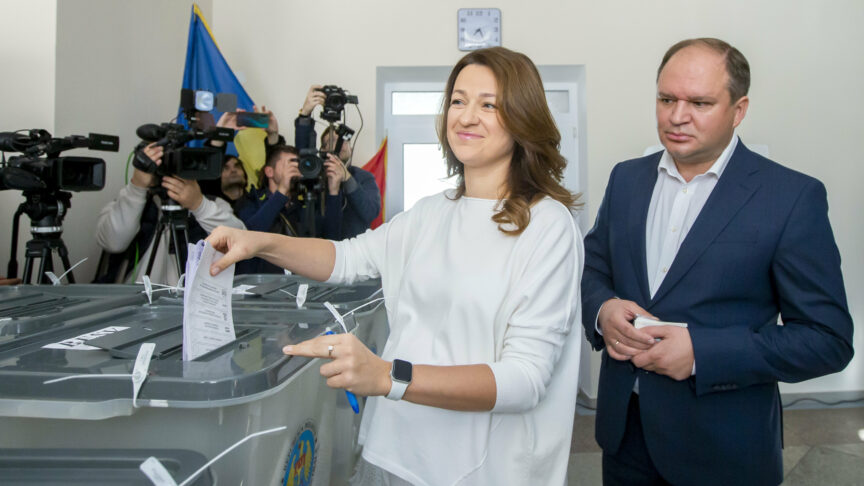
Moldova’s recent local elections faced unprecedented levels of Russian interference. In the lead up to the presidential election next year, the EU should help Moldova counter these threats before it’s too late
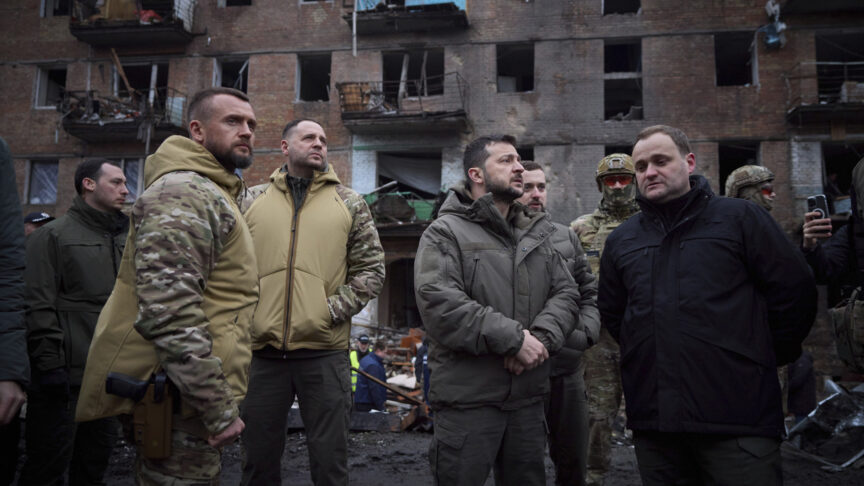
No clear postwar situation is likely to emerge in Ukraine. The country’s EU partners will have to help it reform during wartime.
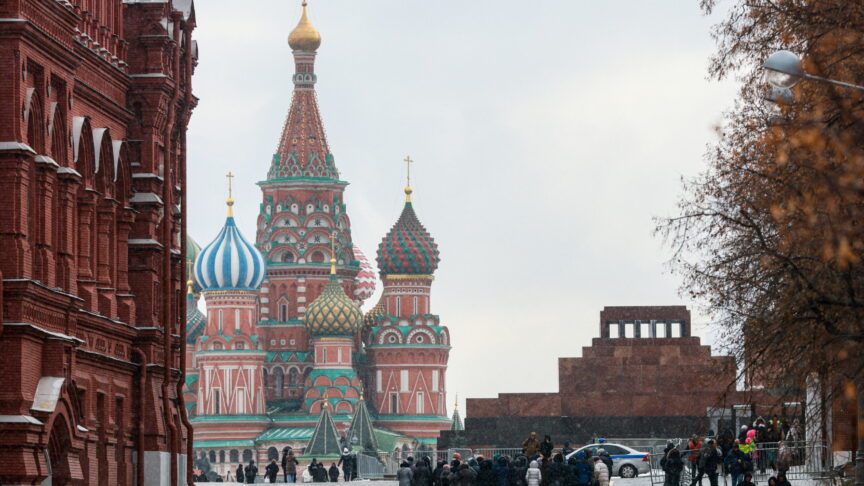
Jeremy Shapiro welcomes Kadri Liik and Valerie Hopkins to discuss what Russian society really thinks about war in Ukraine
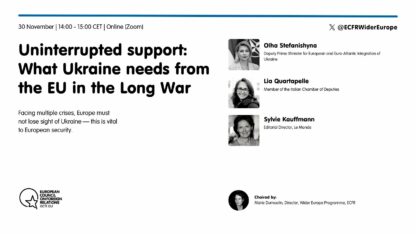
Ahead of the European Council in December where accession talks with Ukraine are expected to be opened, the European Council on Foreign Relations (ECFR) is…
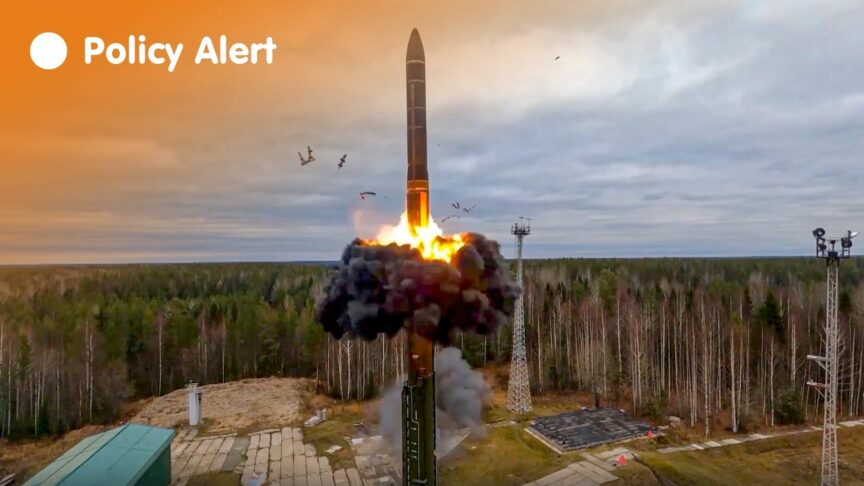
Russia remains a signatory of the nuclear test ban treaty and has not signalled its intention to withdraw, but the Duma’s decision to revoke the ratification sends a worrying signal about Russia’s intentions and the future of arms control
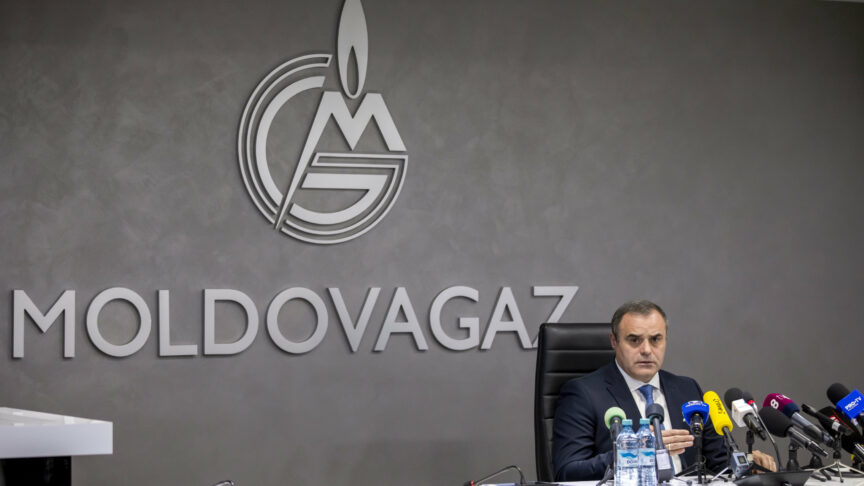
Over the past year, Moldova has rid itself of Russian gas supplies. But it still receives electricity from the Russian-sponsored breakaway region of Transnistria. Ending this final dependency would bolster Moldova’s security – and Europe’s